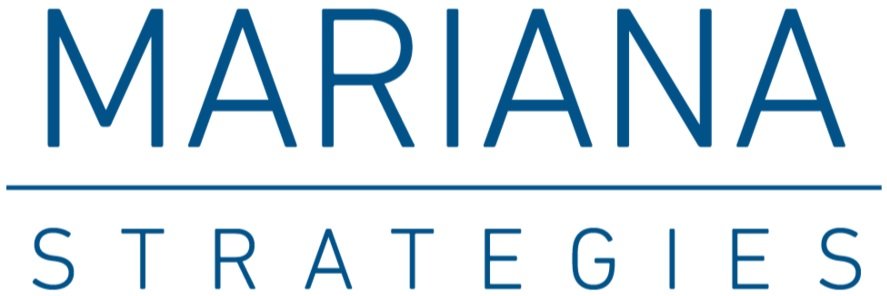What Is Good Meeting Hygiene and Why Does It Matter?
There’s a scenario we use in our inclusive culture workshops about a man who talks over his female colleague and takes credit for her ideas.
“You’re in a meeting where Lucia is proposing a solution to a vexing problem. Before she can finish, Nicolas cuts her off so that he can further make Lucia’s point. Lucia tries to speak up, but Nicolas chides her for interrupting.”
This scenario always - always - results in women talking about how common, and how frustrating this experience is. And it’s not just anecdotal evidence to support that this happens. Research shows “that women are often uncomfortable speaking up and are more than twice as likely to be interrupted in group dialogue — particularly in industries and organizations that are male-dominated. [Additionally] men from minority groups feel similarly.”
We can say something in the moment, if you notice it, if you feel comfortable. The more consistent approach, the one tied to an inclusive workplace culture, is to set expectations ahead of time.
One survey from 2019 estimated that the cost of ineffective meetings is $399 billion in the U.S. If you’ve ever sat in an unproductive meeting, or been talked over, like Lucia in the example above, that figure probably feels right.
So what do we do?
Meetings have norms, for better or worse. If your organization holds meetings whether or not participants are prepared, or without an agenda, those are norms for the organization, and they may be difficult to challenge in the moment, just when you’re suffering most. To get ahead of the problem and ensure meetings are more productive and inclusive, hit the reset button and establish new norms – ones to ensure good meeting hygiene.
Check out our resource, Good Meeting Hygiene: What Is It and How to Get It? for tips on conducting more inclusive - and effective - meetings, as well as a template meeting invitation.
